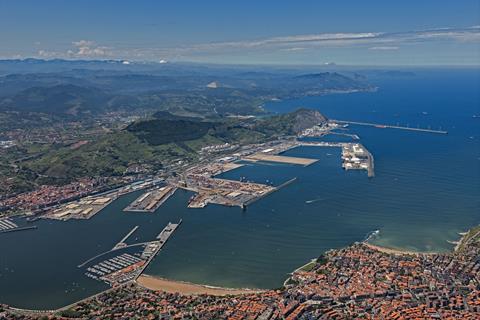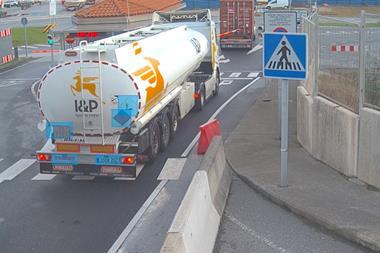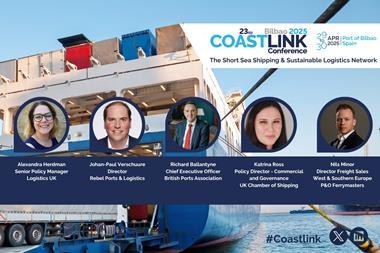With more than 700 years of history the port has now evolved into a flexible and dynamic port, capable of receiving any type of vessel and cargo, and with specialized services for all traffic. Spread over 400 hectares, there are specialised terminals for break-bulk, container and liquid and solid bulks.
By the end of 2023, the Port’s turnover stood at 68.8 million euros, up 5.93% on 2022, attributable to the increased occupation rate of the port, to larger size vessels and to a greater number of calls. To encourage business competitiveness, the Port authority has left port charges unchanged from 2021 to 2024.
In 2023, for the first time, 50% discounts on vessel charges were applied to pioneering vessels powered by alternative fuels (Liquefied Natural Gas and hybrid vessels), exhibiting the Port’s ongoing commitment to the decarbonising of maritime transport.
The “Green Shipping Corridors in and out of Spain: assessing route-based opportunities” report drawn up by the Global Maritime Forum in collaboration with the British Embassy, also highlighted the strategic location and commitment to sustainability of the Port of Bilbao. It went on to specifically note the excellent connectivity between the port of Bilbao and the United Kingdom, with a particular emphasis on the potential of Short Sea Shipping routes as key to the development of green shipping corridors.
A key element to the Port of Bilbao’s competitiveness is its development of intermodal transport which is a factor in the logistics chain’s contribution to decarbonisation, in line with EU objectives. In 2023, 4,238 trains entered or left the port of Bilbao, and 29% of containers either entered or left the port by rail, consolidating Bilbao as a leader in this field in the port system.
The Port of Bilbao also prides itself on its long-term adoption of digital management of the Port; it recently celebrated twenty years of the development and use of the telematics platform “e-puertobilbao” the digital tool servicing of the entire port community for the management of goods and vessels passing through the port.
The Port of Bilbao remains an important and successful ferry terminal. The number of passengers increased by 26.5% to 270,771, a record figure. The number of regular line passengers (ferry services with the United Kingdom and Ireland) was up 16%, with 17,059 more people than in 2022, while the number of cruise ship tourists increased by 36% to 149,032, a record for the Port of Bilbao.
It is clear that the Bilbao Port Authority continues to develop and innovate - it gives 1% of its cashflow to the Ports4.0 program of “Puertos del Estado” and created the first PortLab in Spain in 2019. Since then, Bilbao PortLab has worked collaboratively with the companies in the port to find innovative solutions to their challenges, taking advantage of the financial opportunities.
Andima Ormaetxe, Director for Operations, Commercial, Logistics and Strategy at the Port of Bilbao further commented “We as a port are very much looking forward to welcoming both speakers and delegates to Bilbao in 2025. As a multimodal port on the Atlantic Arc with more than 700 years of history; sustainability is at the core of our values, as we work to create an environmentally and socially responsible port of the future. We are pleased to be working with the Coastlink Conference to host the 2025 event…”.
For more information visit the Coastlink website
















